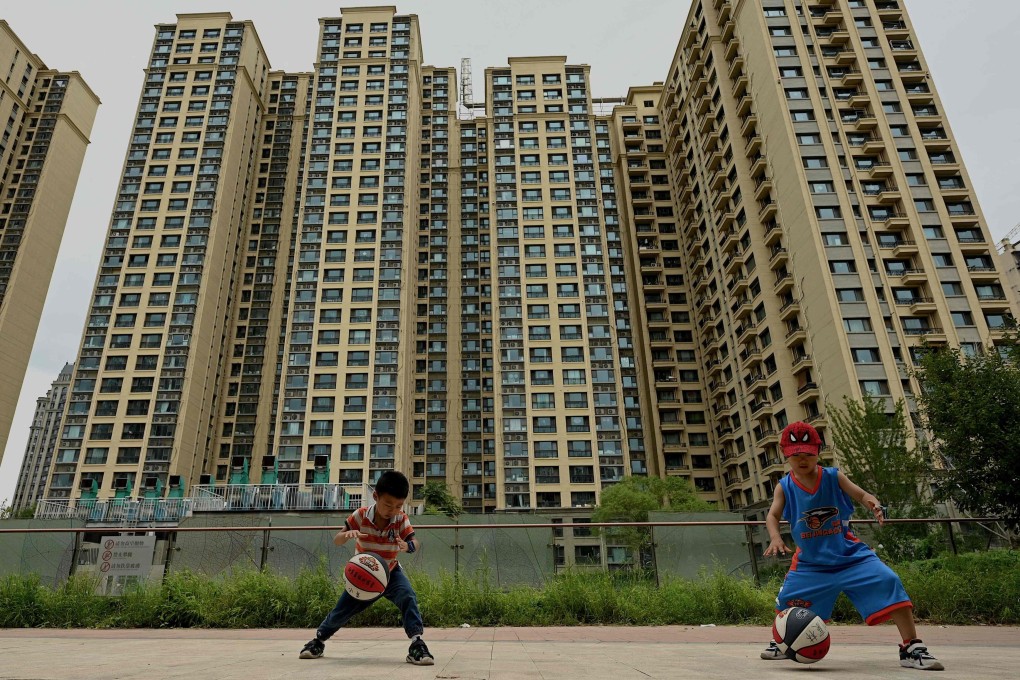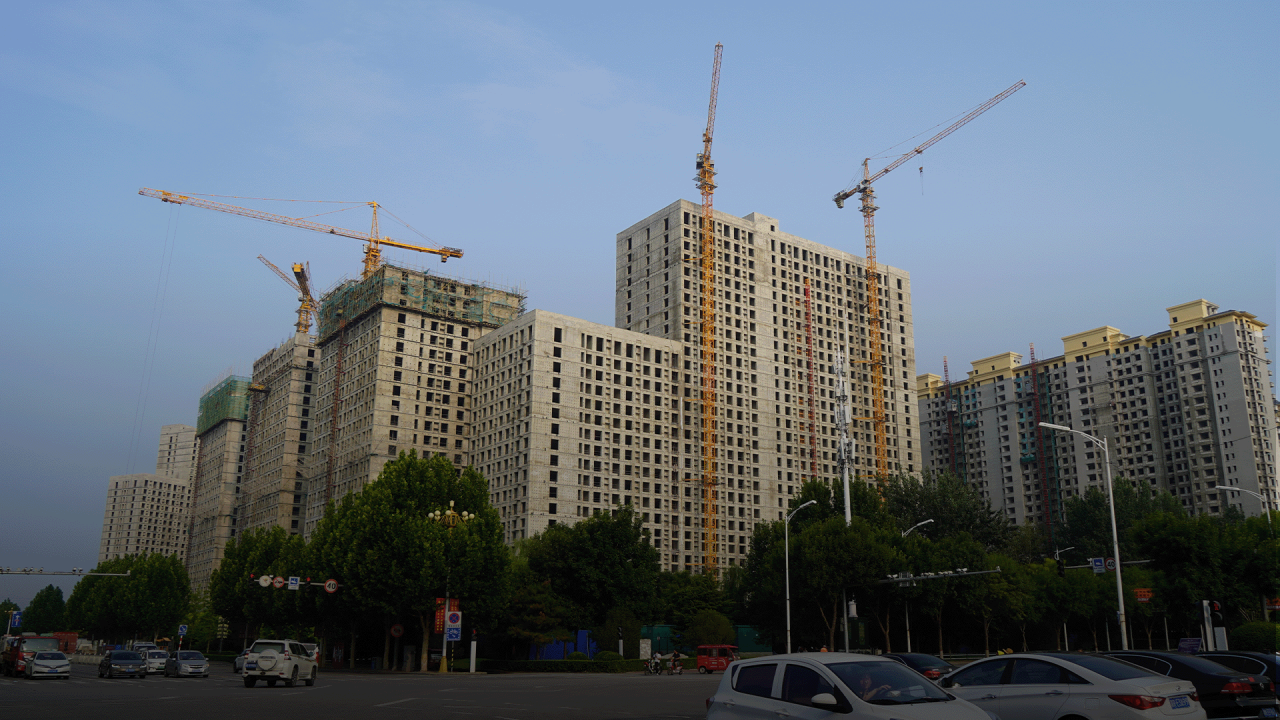Advertisement
The View | How understanding the roots of China’s property bubble can prevent a repeat of past mistakes
- Beijing must ensure it avoids repeating past missteps as it advances new monetary and fiscal policies to stimulate growth and recovery
- Otherwise, it risks creating a tech bubble that could hamstring its long-term ability to compete globally
Reading Time:4 minutes
Why you can trust SCMP
18

The property bubble in China is a hot topic in domestic and international media, but it is often presented in simplistic ways that obscure its historical causes. Let’s review the historical developments that brought us to this point and hopefully draw lessons to avoid repeating past mistakes.
Advertisement
First, the various property market reforms that were brought in rather quickly, starting in the 1980s and early 1990s, introduced a massive new sector to China’s economic landscape. The growth of this market was desired and perhaps unavoidable.
In fact, while rising values were associated with high economic growth, they were also supported by restrictive policies that left few good investment alternatives for those seeking comparably high returns and growth potential but relatively low risks.
These developments correlated with the rise of many property developers which became powerful owners and economic players – including both private and state-owned enterprises (SOEs) – on the front lines of most of China’s development projects at the nexus of power and wealth creation.
The emergent big players became extraordinarily wealthy, but even the smaller ones, including families well positioned to take advantage of the reforms from the start, managed to acquire assets that rose astronomically in value. This created a new middle class that would be considered quite wealthy by standards elsewhere.
Second, by some estimates, those associated with the third generation of China’s leadership benefited disproportionately from the new property market and entrenched their financial and political interests there.

Advertisement

